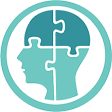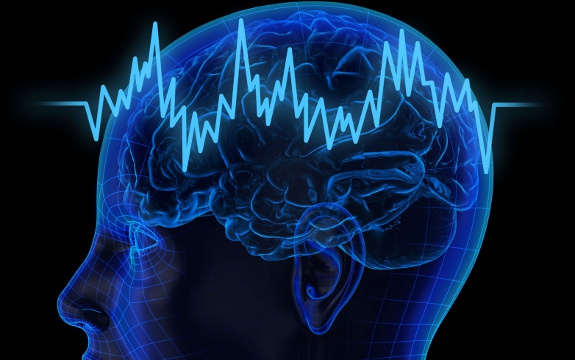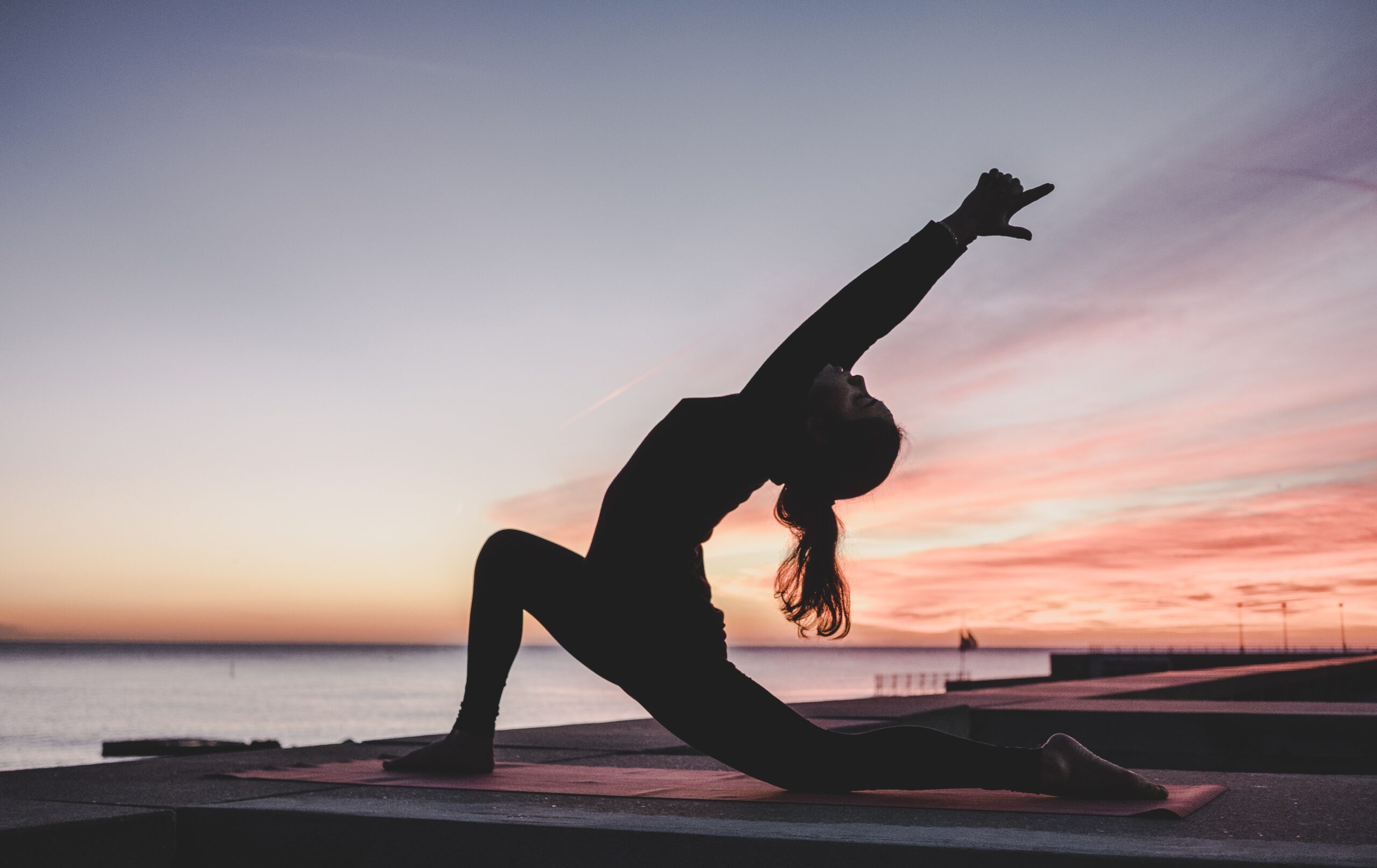We all feel anxious sometimes. Whether you’re heading into a job interview, sitting down for a daunting exam or waiting to meet a blind date, you’re sure to feel a little uneasy. However, if your fears and worries are overwhelming or starting to interfere with your daily life, you could be experiencing panic or anxiety attacks.
What Are Anxiety Attacks?
Anxiety attacks are periods of intense fear or panic. Sometimes there will be an obvious trigger, such as getting stuck in an elevator, or worrying about that big presentation that’s coming up, but there are times when attacks happen out of the blue and without warning.
Attacks tend to peak within 10 minutes and often don’t last longer than half an hour. During that short period, the terror you experience can be so extreme that you feel like you may completely lose control or even die l. The physical symptoms of an attack are so real and intense that people often believe they are having a heart attack.
Once the attack subsides, you may begin to worry about having another one (especially in public), where there is no help available.
What Happens to Your Body During an Anxiety Attack?
Most of the symptoms are triggered by brain activity and the brain’s interpretation of the anxiety your body is going through. One theory is that the amygdala – the center of your emotional behavior and best known for its predominant role in feelings of aggression and fear – is the part of the brain that kicks in and produces these fear-based symptoms.
At the onset of an anxiety attack, your body suddenly starts altering its normal priorities, shifting from long-term survival to a short-term “fight or flight” reaction. In response, adrenaline is released, breathing speeds up, and blood pressure levels rise.
Anxiety attacks target your muscles first. Your large muscle groups can become so tense that your legs and arms may start shaking. During this time, massive amounts of blood are directed towards these engaged muscle groups, which can deplete blood supply in the stomach. As a result, severe stomach pains may accompany the episode.
Next is heightened awareness for all senses. Specialists describe this hypersensitivity as being “in your head.” You will basically become acutely aware of each new symptom as the attack unfolds. External details also surge to the forefront, and time can seem to slow as you process all details of your surroundings.
Hyperventilation typically follows, which by now, your body is too weak to control. This comes with chest pain and trouble breathing, and a lightheaded feeling of weakness. Your body is taking in too much carbon dioxide, due to shallow breathing and burning more oxygen than your body requires.
Other people have also reported associated symptoms such as itching, cold feet, nerve pain or severe back pain.
One important thing to remember is that these attacks are not identical in everyone. There are degrees of severity, depending on each individual’s physiological response to stress. To help you identify the symptoms easier, here is a short list of signs you should easily recognize:
Signs You Are Having an Anxiety Attack
- Hyperventilation
- A surge of overwhelming panic
- Uncontrollable shaking or trembling
- Feeling as though you are losing control
- Chills or hot flashes
- Chest pain and heart palpitations
- A choking sensation
- Feeling as though you are going to faint
- Feeling detached from your body and/or surroundings
Self-Care for Anxiety and Panic Attacks
People are more prone to anxiety if they have a high-stress job, juggle too many responsibilities, are struggling financially, lead an unhealthy or unbalanced lifestyle, or find themselves in a constant state of worry.
To practice a little self-care, take the time to evaluate a few things about yourself:
- Do you look after your body?
- Do you get enough sleep?
- Do you drink plenty of water?
- Do you eat a nutritious, balanced diet?
- Do you make time to exercise?
- Do you make time for fun and relaxation?
- Do you reconnect with family and friends often?
- Do you find time to get outside?
- Do you ever step away from electronic devices?
- Do you seek help when you need it?
- Is there a mentor figure, doctor, therapist, friend, or church leader you seek out for advice?
- Do you feel overloaded with responsibilities?
- Are you keeping your calendar consistently full?
- Do you have a hard time saying no?
There are several things you can do to help lessen anxiety attacks and anxiety symptoms, such as:
- Exercise regularly – Exercise is a natural stress reliever, and you should aim for at least 30 minutes of aerobic activity several times a week.
- Connect with people – Isolation and loneliness set a precedent for anxiety. You can decrease your vulnerability by spending more time with your friends and family or joining a self-help group.
- Get enough sleep – Lack of sleep can intensify anxious feelings and thoughts, so aim for seven to nine hours of sleep every night. If you struggle, try to adopt smart sleep habits.
- Limit alcohol and caffeine – Reduce your alcohol and caffeine intake which can both exacerbate symptoms of anxiety.
- Practice relaxation – Relaxation techniques such as meditation and deep breathing can reduce the symptoms of anxiety and increase emotional well-being.
Seeking Therapy for Anxiety
The following therapy methods help with generalized anxiety, phobias, trauma, and panic attacks:
- Exposure therapy – Exposure therapy encourages you to face your fears in a safe environment. Through repeated exposure to your feared situation or object, you will gain a greater sense of control. The more you face your fear without being injured, the more your anxiety will diminish.
- Cognitive-behavior therapy – Cognitive-behavior therapy (or CBT) concentrates on thoughts and behaviors. During anxiety treatment, this type of therapy can help identify and challenge your negative thought patterns, and the unreasonable beliefs that fuel your anxiety.
Both exposure therapy and CBT are forms of behavioral therapy, which means they concentrate on behavior as opposed to underlying psychological conflicts from your past.
If you find yourself struggling with consistent anxiety symptoms or have experienced an anxiety attack, book an appointment or a free 20-minute consultation with Austin Bridges Therapy.








